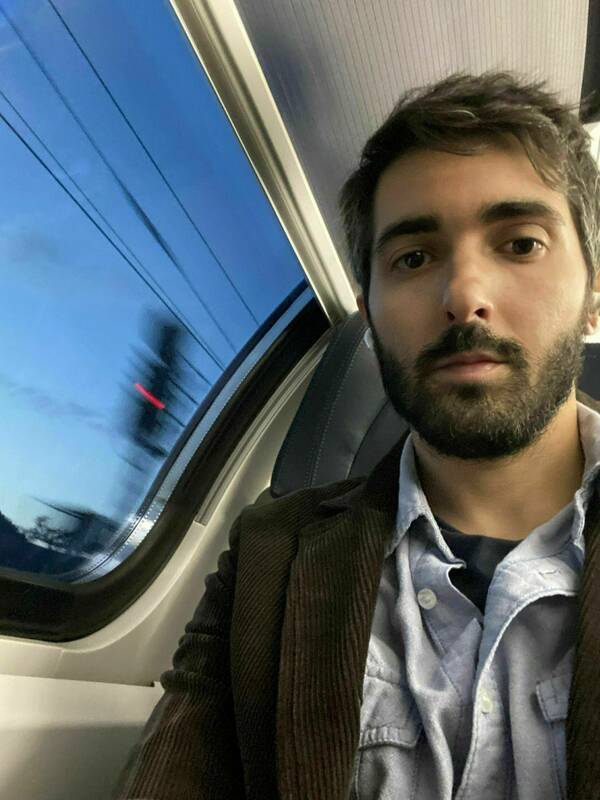
Please join us for this week's History of Philosophy Works-in-Progress Luncheon! This week's presenter is Lorenzo Spagnesi (Philosophy, Trier University), who will present on "Reason and Systematic Knowledge in Kant."
Each meeting consists of a presentation by a graduate student, visiting scholar, or faculty member on a project that they are working on in the history of philosophy, followed by a period of comments/questions from other participants. The workshop is designed to give contributors the opportunity to develop ideas and receive helpful feedback on projects/papers in a friendly and low stakes environment.
Lunch is provided for registered attendees.
Abstract: For Kant, reason is the highest cognitive faculty. It is the faculty that transforms “rhapsodies” of cognition into unified “systems” of cognitions (A832–3/B860–1). Roughly, Kant seems to ascribe to reason and its concepts (ideas) the meta-function of leading us to systematic knowledge. However, it is less than clear how reason can make a valuable cognitive contribution, let alone a contribution to knowledge. In this paper, I raise a puzzle about the relation between reason and systematic knowledge in Kant’s philosophy. Kant defines knowledge (Wissen) as a form of assent that requires subjective and objective sufficiency (A822/B850). Reason, however, seems unable to satisfy either the objective or the subjective sufficiency requirement of knowledge. But if this is correct, it follows that reason is hardly justified in guiding our epistemic strivings. I shall call this the epistemic puzzle of reason. I will first present and analyse the puzzle. I will then criticize a possible approach to it that has emerged in the recent literature. According to some interpreters, Kant’s project of systematic knowledge is based on a specific kind of belief (doctrinal belief). I argue that doctrinal belief is insufficient to justify (or explain) the rational project of systematic knowledge. In the last part of the paper, I suggest that there are textual and philosophical resources for justifying reason’s guidance toward knowledge. I will briefly outline some key features of what I take to be Kant’s normative justification of the ideas of reason.
Originally published at historyofphilosophy.nd.edu.